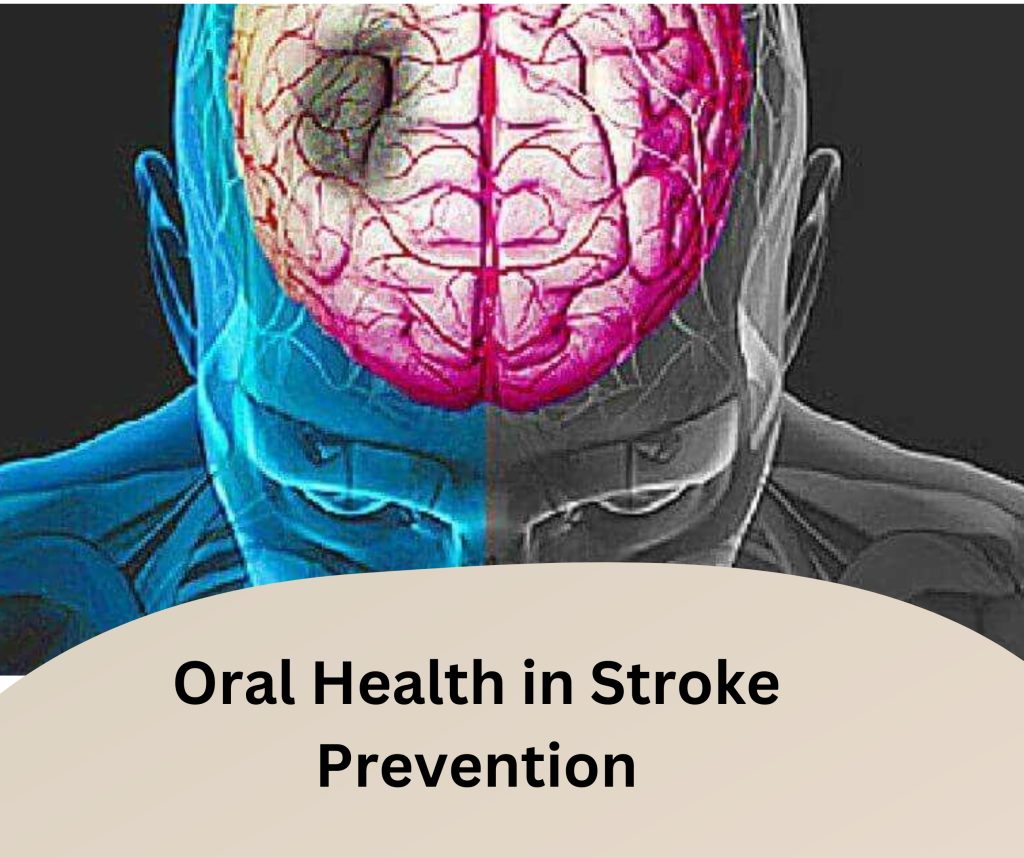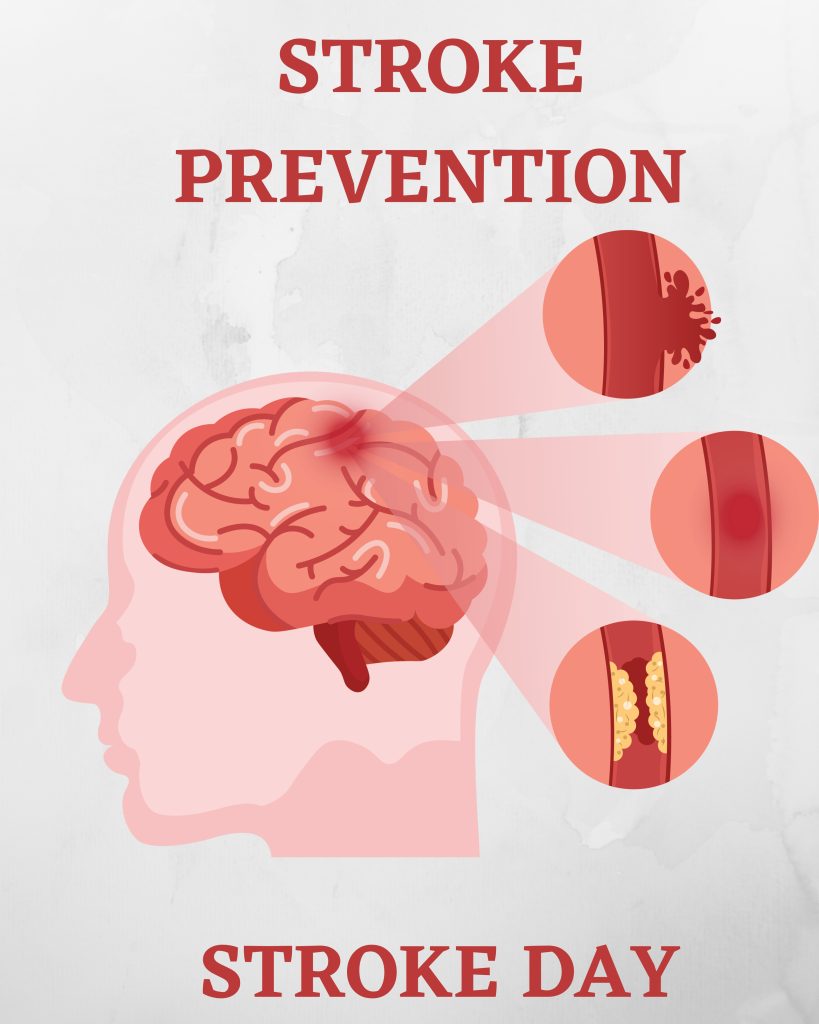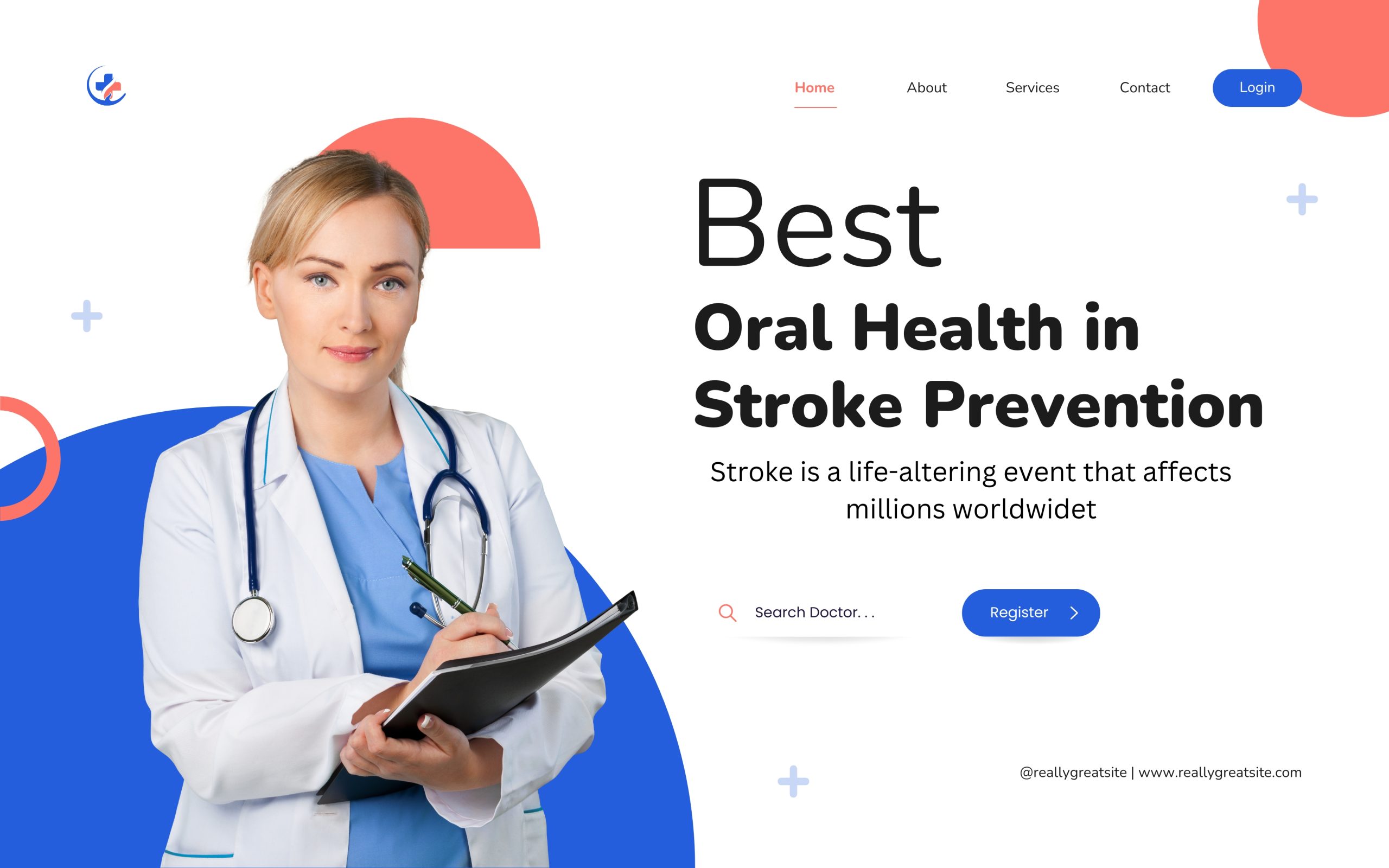Use Oral Health for Stroke Prevention: We all are familiar with the stroke and its effects on human life which disorders not only prevent normality but also ceases required lifespan of an individual.
As stroke is a serious medical issue the way toward keeping it from happening through preemptive anticipation measures in healthcare remains to be essential. The involvement of dentalists, hygienist and other oral health personnel are also important in the prevention efforts. The link between oral health and general well being, most especially cardiovascular disease is getting more pronounced.
This article is going to focus on how oral health staff can help reduce the risk of strokes, link between cardiovascular diseases and stroke due to poor oral hygiene as well as steps you may want take a lessened your likelihood comes. Such an insight will deepen our understanding of how oral care can serve as a frontline defense in heart and brain protection.
What is Oral Health in Stroke Prevention
This is what preventive medicine for stroke; Stroke when rapidly developing signs and symptoms occur, death due to interruption or reduction of blood flow from a part of the brain. Reducing your risks and preventing strokes are largely based on several risk factors that can be modified, such as high blood pressure (also known as hypertension), smoking or a lack of exercise. Regular physical activity, proper diet and maintenance of ideal body weight also lower the risk for stroke. Drugs: Medical strategies like getting recommended medicines to control hypertension or cholesterol can likewise truly help. For example, individuals with certain heart problems like atrial fibrillation may need blood thinner (anticoagulant) medication to reduce their risk of stroke due to blood clots. Early Identification Of A Stroke Can Save Lives, The Best Way To Protect Your Brain And Yourself From This Is By Reducing Risk Factors.

How Healthy Teeth could Prevent a Stroke ?
Current research has identified a significant association between oral health and inflammation, which plays an important role in stroke. For example, chronic inflammatory conditions such as periodontal disease enhance the risk of cardiovascular diseases like stroke. People with advanced gum disease may be more likely to have a stroke than those with healthy gums, according to new research. Because oral health professionals are trained to recognize the warning signs of periodontal disease and advise patients about its effects on their general health, including stroke risk.
Inflammatory Link: Long term inflammation due to gum disease, can impair blood vessels and increase the risk of strokes like atherosclerosis. While managing the oral health dental professionals help in controlling inflammation and thereby decreasing risk of cardiovascular events like stroke.
Oral Health Personnel Have A Part To Play In Prevention Of Stroke
So, oral health professionals can averted two components here; one in terms of maintaining the overall oral care and educating patients so that it helps them prevent from being stroke. Regular oral exams can alert your dentist to plaque build up or periodontal disease that might raise the risk of stroke. In addition, instructing patients on the significance of oral hygiene as well as its systemic health-related effects may foster behavior habits that reduce stroke risks.
Preventive Care for Oral Health Professionals
Bi-annual dental hygiene check-ups are not only there to help keep that smile fresh — they also have a lot to do with managing systemic inflammation in your body. A professional cleaning will prevent plaque from accumulating, which has been linked to heart disease involving stroke. Better vascular health through home oral care including plaque control
The Mouth is the Gateway to Health: How your oral health reflects systemic well-being
A large number of systemic diseases first display symptoms in the mouth before being recognized elsewhere. They may be the first to observe these signs in what can warrant early intervention, and prevention of a stroke as well. In other words, the inflammation can trigger gum bleeding that a gums professional might trace to more serious problems down stream in viens and arteries before they cause localized mayhem.
A Dental Health Team Approach.
They argued that interdisciplinary collaboration is necessary for successful stroke prevention. Coordinated care between dentists and physicians, especially for certain cardiac risk patients so that overall health can be fully assessed. Oral health professionals can help reduce the risk of stroke by sharing information about patients and collaborating on treatment plans that include oral care as part of overall wellness.
Oral Health Parameters in Stroke
Directions for the oral health and wellness in stroke patients are extremely important to prevent complications as well as boost general standard of life. It might compromise the motor skills in those not being able to brush their teeth scrupulously and at high risk of dental caries. Good oral care like brushing teeth with fluoride toothpaste twice a day and dentures cleaning is key to preventing bacterial growth; thus, caregivers or health workers should see that these are done regularly. However, timely dental check-ups are the most crucial in early detection of oral health concerns. Those who have had a stroke also may be unable to swallow or saliva, which can translate into aspiration pneumonia (free drooling- dry mouth). Adequate hydration Current address: Department of Oral Oncology and Saliva substitutes can help prevent these complications. Yet proper oral hygiene with individual instruction can help patients and their caregivers understand the value in maintaining quality of life.

Conclusion
Dental personnel have an important role in prevention of stroke by assessing oral health, recognizing risk factors and collaborating with the other healthcare providers. Current knowledge of the oral-systemic connection has made maintenance of good oral health one component in eliminating preventable strokes. Working together, we can facilitate better health and reduce the burden of stroke through prevention-oriented care adaptation.
